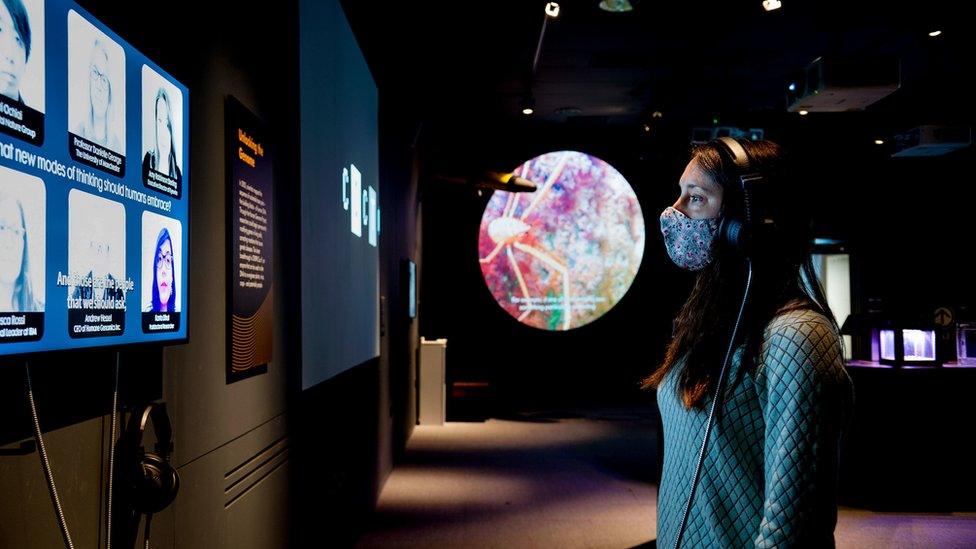Liverpool's plan to recover from £3bn pandemic tourism hit
- Published
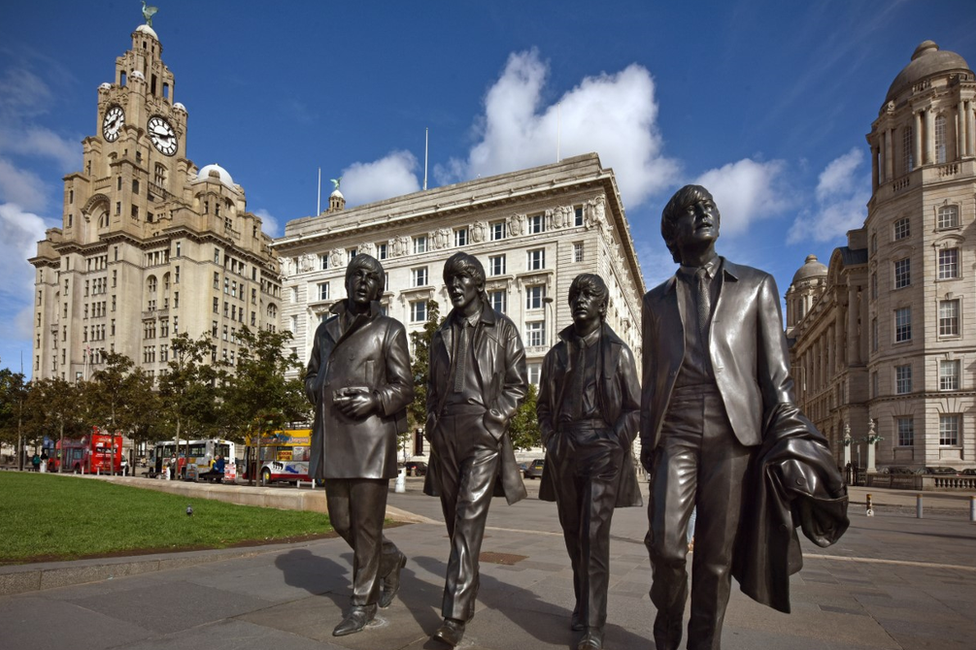
Liverpool was the fifth most-visited city in the UK by international visitors before Covid hit
Liverpool has outlined a plan to bounce back from a "seismic" blow to its famous tourism industry during the coronavirus pandemic.
The city region's £5bn-a-year visitor economy, underpinned by the many nightlife, football and Beatles attractions, took a £3bn hit in 2020.
A new two-year project to rejuvenate tourism in the area has been set out by metropolitan mayor Steve Rotheram.
"Visitors are starting to return," the former Labour MP said.
The plans include a funding pot of £3.2m for marketing, £3.1m to help rebuild the "decimated" conference and events sector and a "skills action plan".
Launching the strategy, the city region mayor said the pandemic's "shock waves" may last for some time but "short-term predictions are encouraging".
Liverpool's economy relies heavily on visitors to its popular museums, clubs, and Beatles exhibitions and heritage sites, and supports 33,000 of the 55,000 jobs in the sector.
It was the fifth most-visited city in the UK by international visitors before Covid hit, the mayor's office said.
But Liverpool City Region's 7,840 tourism-related businesses took a 58% hit in 2020, data showed.
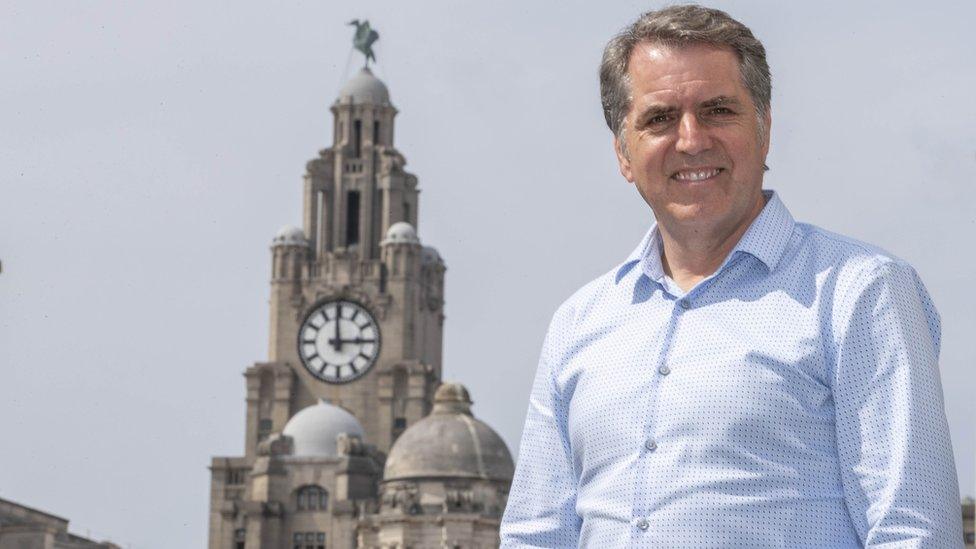
Steve Rotheram said the pandemic's "shock waves may last for some time"
The region includes Liverpool, Halton in Cheshire, Knowsley, Wirral, Sefton and St Helens.
Some sectors lost between 39% and 89% of their output.
Chris Brown, director of Marketing Liverpool, said "we made some recovery in 2021" and the cruise market is expected to have "a bumper year" but lack of confidence meant business and conference events "are very weak".
The report warned international tourists were not expected to return to pre-pandemic levels before 2025 while the business events sector may not fully recover before 2028.
However, demand is strong from day-trippers and so-called staycation visitors, who are expected to top the 66 million who came in 2019.
The strategy plans to use public and private sector investment for marketing and to support major venues in bidding for conferences and events.
It highlights the role of small tourism businesses in providing jobs, including twice the opportunities for 16-24-year-olds than the wider economy, and outlines a skills plan to support them.
It also suggested large-scale projects could be a big draw, including the £12m dockside Eureka children's museum, the £30m Shakespeare North theatre in Prescot, and Everton FC's planned new £500m riverside stadium at Bramley Moore Dock.
Mr Rotheram said the region is "renowned for culture, music, sport, hospitality and much, much more".
He added: "I want us to economically recover from Covid quickly so we can get back to where we were pre-pandemic as the fastest growing city region in the country."

Why not follow BBC North West on Facebook, external, Twitter, external and Instagram, external? You can also send story ideas to northwest.newsonline@bbc.co.uk
- Published18 November 2021
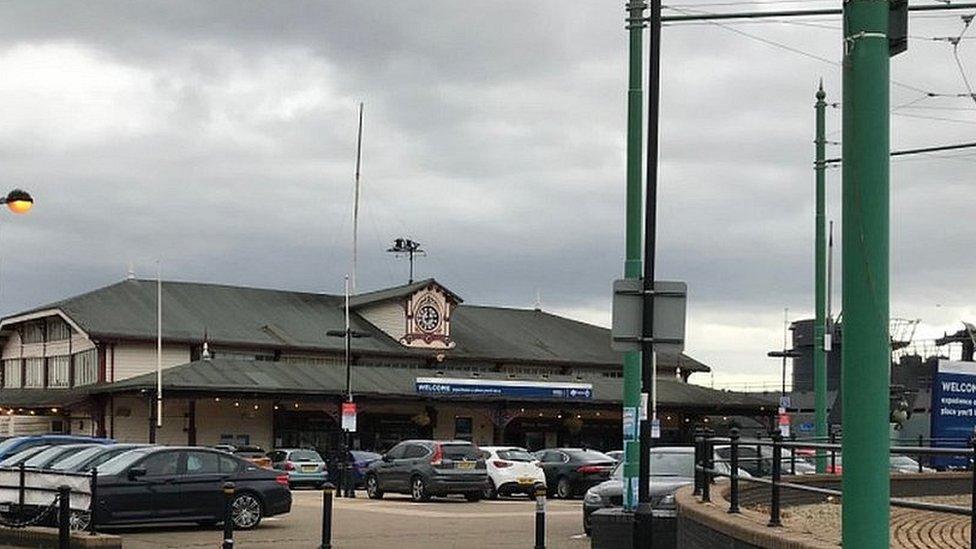
- Published28 October 2021
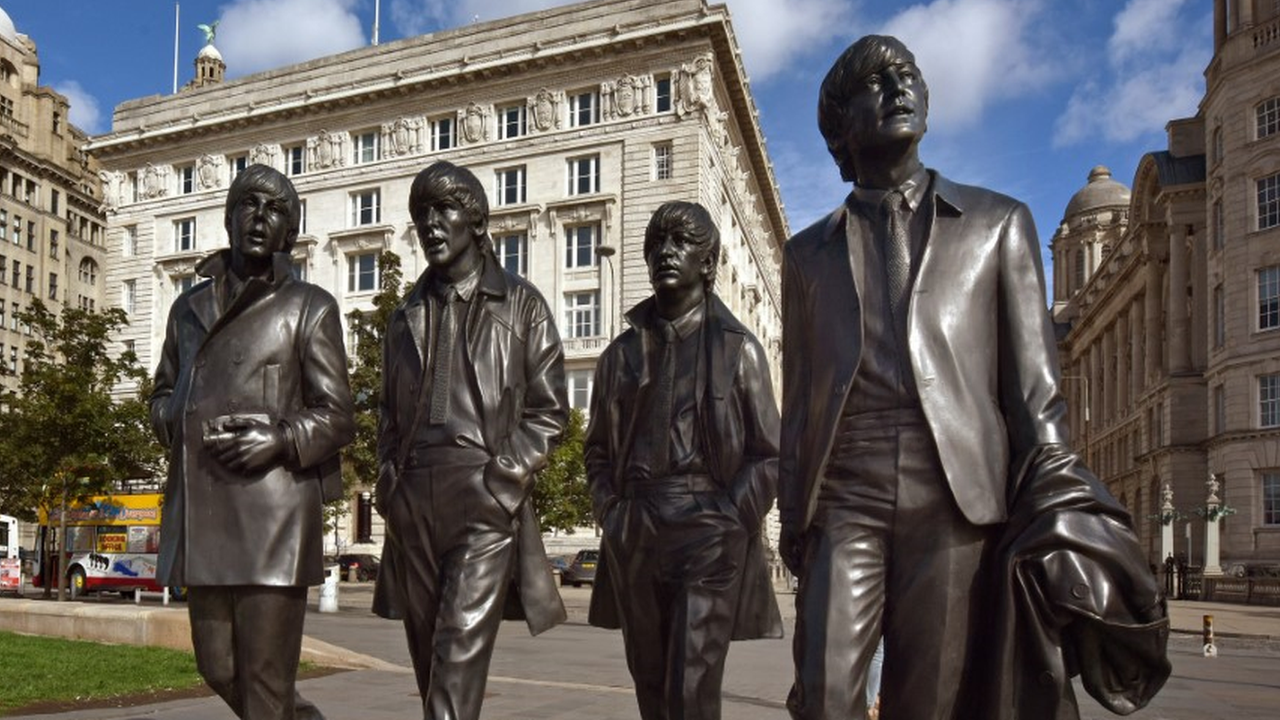
- Published21 July 2021
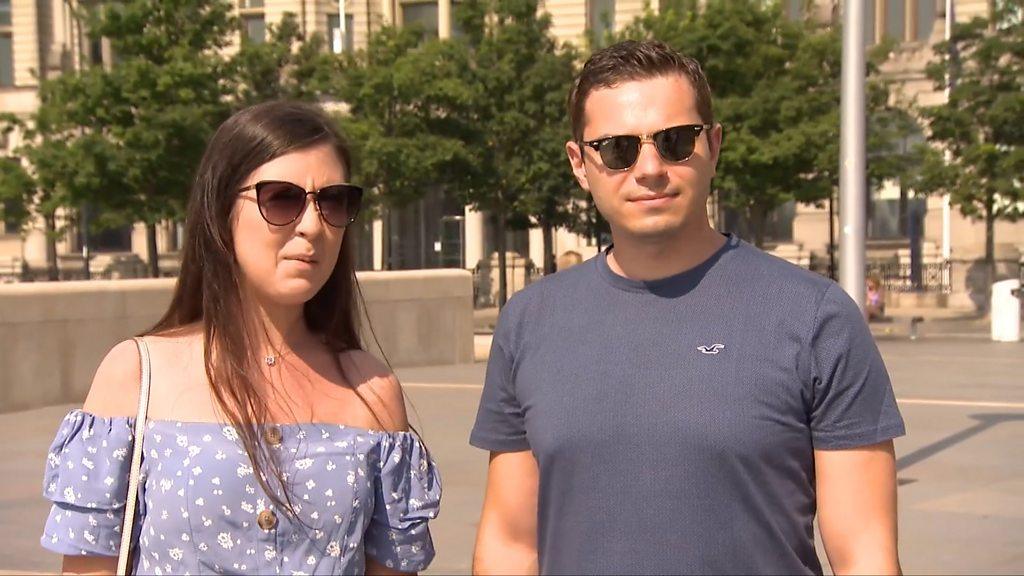
- Published28 May 2021
